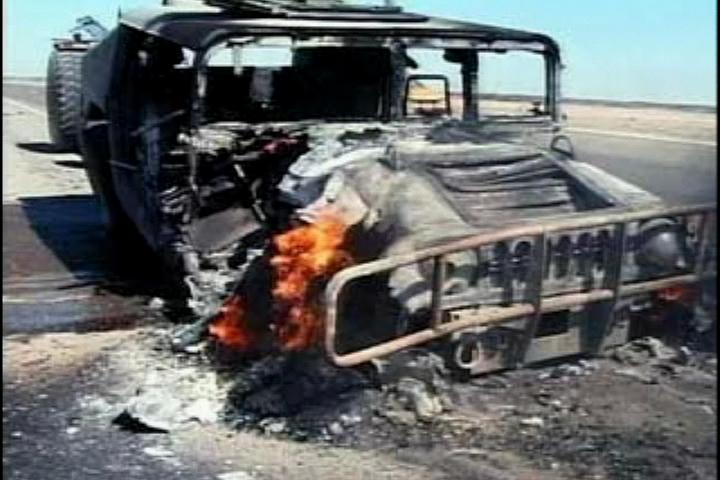
Obama’s Afghan Visits Reveal Lack of “Baraka”
He displays fear of Taliban and lack of confidence in his troops
Reading time: (Number of words: )
In President Barak Obama’s last two secret, night visits to Afghanistan, he projected a growing fear of the Taliban and a lack of confidence in his 120,000 troops to protect him. He displayed a lack of “baraka” (which is the Arabic/Swahili root term from which his first name is derived). Baraka has many meanings including the spiritual force that surrounds a successful person.
On December 3, 2010, President Barak Obama flew 14 hours in secret to Afghanistan for a visit with the troops and with President Hamid Karzai, but he failed to accomplish the latter. After flying into Bagram Air Base at 8:30 p.m. on a pitch-black night with no moon, a determination was made that it was too dangerous to make the short 30 minute drive into Kabul. In a slap at U.S. forces, the U.S. commander in chief apparently concluded that his 120,000 troops in Afghanistan were incapable of protecting him from the Taliban. This on one of the safest roads in Afghanistan.
Less than four hours later, after giving a speech to some troops assembled in a dusty airplane hanger, President Obama flew out of Bagram, the war somehow appearing on-track from the vantage point of the most secure airbase in Afghanistan.
President Obama’s only previous trip to Afghanistan as President was on March 28, 2010. He again flew into Bagram at night, this time remaining in the country a full six hours (each Obama visit to Afghanistan gets shorter and shorter).
These visits project nothing but fear. This fear of the Taliban, which borders on being debilitating, appears to be spreading to his staff.
On December 31, 2010, America’s Secretary of Homeland Security, Janet Napolitano, reportedly visited the Afghan/Pakistan border. Actually she did not visit the border; she only flew over the Torkham border crossing in a fleet of armed helicopters. The U.S. military confirmed that it could not drive her to the crossing, one of the safest spots in the country, because it could not protect her.
Despite the fact that the Obama Administration only considers Afghanistan to be safe if one is flying over it at night, it’s officials assert that they are happy with the “progress” being made in Afghanistan. They ignore the findings by the United Nations, leaked on December 26, 2010, that Afghanistan was less secure in 2010, than 2009. The UN added 16 districts to its category of areas which are a high security risk, while only giving a safer rating to two. This is consistent with the latest report from the Afghanistan NGO Safety Office (run by a compendium of charity groups) that found security around the country to be deteriorating.
The U.S. Government, according to its own press releases, is defeating the Taliban, unfortunately, its actions say the opposite. When Secretary Napolitano actually drives to the Pakistan border and when President Obama decides to either inspect his troops on the front lines or at least visit some of the more dangerous Forward Operating Bases, then their claims of progress may have some validity. Until that time, their public fear of the Taliban and their complete lack of confidence in the ability of the U.S. military to protect them is embarrassing and harmful to the war effort.
Note: “Baraka” is an Arabic/Swahili word. It can mean a spiritual force that surrounds a successful person. It can mean the protection bestowed by Allah. It can mean a blessing and to some it merely means good luck. The term “baraka” became popular during the 1954-1962 Algerian war. It was said that the French, with their humbling defeat by the Viet Minh in Indochina, had lost their baraka. That perception of weakness helped to launch the Algerian ALN (Armee de Liberation Nationale) and led it to eventual victory and to Algerian independence.
Further reading: “Obama Pays Surprise Visit to Troops in Afghanistan, by Peter Baker of The New York Times - December 4, 2010. “U.N. Maps Out Afghan Security” - Yaroslav Trofimov - WSJ, 12/26/10. “Napolitano Visit Aimed at Beefing Up Afghan Border Security, Customs - Mike Levine - FOX News, 12/31/10. The AP/MSNBC report of 3/28/2010. It included the quote: “Obama’s six-hour visit was conducted entirely under the shroud of nightfall.”

Poems for the Hazara
The Anthology of 125 Internationally Recognized Poets From 68 Countries Dedicated to the Hazara
Order Now









